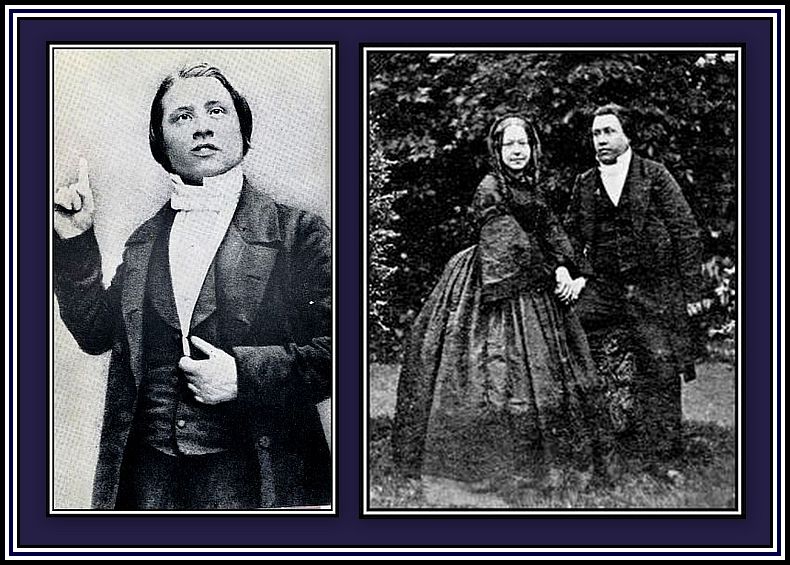The PyroManiacs devote some space each weekend to highlights from the lifetime of works from the Prince of Preachers, Charles Haddon Spurgeon. The following excerpt is from The Metropolitan Tabernacle Pulpit, volume 33, sermon number 1,971, "The blood shed for many."

"Our Saviour meant us to maintain the doctrine of his death, and the shedding of his blood for the remission of sins, even to the end of time, for he made it to be of perpetual remembrance."
We drink this cup “until he come.” If the Lord Jesus had foreseen with approbation the changes in religious thought which would be brought about by growing “culture,” he would surely have arranged a change of symbols to suit the change of doctrines.
Would he not have warned us that, towards the end of the nineteenth century, men would become so “enlightened” that the faith of Christendom must of necessity take a new departure, and therefore he had appointed a change of sacramental memorials? But he has not warned us of the coming of those eminently great and wise men who have changed all things, and abolished the old-fashioned truths for which martyrs died.
Brethren, I do not believe in the wisdom of these men and their changes I abhor; but had there been any ground for such changes, the Lord’s Supper would not have been made of perpetual obligation. The perpetuity of ordinances indicates a perpetuity of doctrine. But hear the moderns talk—“The Apostles, the Fathers, the Puritans, they were excellent men, no doubt, but then, you see, they lived before the uprise of those wonderful scientific men who have enlightened us so much.”
Let me repeat what I have said. If we had come to a new point as to believing, should we not have come to a new point as to the ordinances in which those beliefs are embodied? I think so. The evident intent of Christ in giving us settled ordinances, and especially in settling this one which so clearly commemorates his bloodshedding, was that we might know that the truth of his sacrifice is for ever fixed and settled, and must unchangeably remain the essence of his gospel.
Neither nineteen centuries, nor nineteen thousand centuries, can make the slightest difference in this truth, nor in the relative proportion of this truth to other truths, so long as this dispensation lasts. Until he comes a second time without a sin-offering unto salvation, the grand work of his first coming must be kept first and foremost in all our teaching, trusting and testifying.
As in the southern hemisphere the cross is the mariner’s guide, so, under all skies, is the death of our Redeemer the polestar of our hope upon the sea of life. In life and in death we will glory in the cross of Christ and never be ashamed of it, be we where we may.










